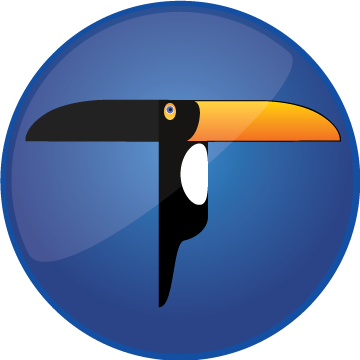We’re all trying to make sure our web pages are best placed in the search results on the key search engines such as Google or Bing and these days it is much more of a meritocracy than ever before; the genuinely good websites rising to the top for their sphere of authority.
That’s not to say that they can’t be influenced. Please dispel any ideas of the black hat techniques of the past and concentrate on writing quality websites that are genuinely better than their compatriots, better content, better written, better composed, better liked, better coded, basically fundamentally better by any real measure.
Today we’ll consider ten key on-page items that make websites perform better in the search results. In other editions we’ll go deeper into this as well as looking at other off page factors. Follow us @Toucan_Group for later editions of the SEO Checklist.
Let’s now look at the on-page items that we consider mandatory for good SEO in this session. There are hundreds of items to consider but here is a snap shot of ten very important on-page items. Don’t shoot the web developer if these are not implemented exactly as prescribed here in your site as it can depend on the brief you’ve given them and the mission for the site.
To check many of these you’ll need to see the code that makes up your pages. This is browser dependent but is normally under a term such as “view page source”. In Chrome on PC, right click and you get that option.
- Keywords in the Title Tag
The title tag is the webpage’s second most important piece of SEO content and it therefore provides the search engine a high SEO ranking. - Title Tag Starts with Keyword
Title tags that start with a keyword invariably perform better than title tags with the keyword elsewhere in the word order. - Keywords in Description Tag
This is a less relevant tag than in the past however these still make a difference to ranking with some search engines. - Keyword Appears in H1 Tag
H1 tags are the next most important item to get right after the title tag. These send another relevancy signal to Google as they reinforce the title tag. - Word Count
The extent of the content on your page with more words expanding on the relevant topic is a ranking signal and will affect the Search Engine Results Position. A bare minimum of 100 words is a fair rule however 300 words of more will give better results. - Cross linking within the site using Keywords
In the text within the site use links on the keywords to navigate to other sections of the site. Google picks up on these as items that are of high relevance within the site. - Page Loading Speed in a browser
Google and Bing monitor page loading speed as a ranking factor. Poorly built sites with no code minification, bloated code, badly compressed images and alike all increase page load time. For an impartial test of your site go to https://tools.pingdom.com/ - Duplicate Content
Never use identical content anywhere in a site, it will be spotted and the site penalised in the search results as it is a negative indicator of quality. This includes all tags, meta and image except the keyword tag. - Image Optimisation
Images with a page provide search engines relevancy signals and usability factors. Use the file name to be descriptive, use alt text to describe the image so that text readers for partially sighted get an explanation and consider adding title, description and caption. - Page html errors
Poorly coded web pages are indicative of a poor website. If the code doesn’t comply with standards then there’s a chance the search engine spiders may even baulk at indexing it altogether and not all browsers will render it properly. The standards book is W3C and they provide a validation tool at https://validator.w3.org/. Once again don’t cane your web developer too much if there is the odd Warning however if there are many Errors, then you should delve further.
Further publications will deliver further manageable bit-sized advice on this enormous topic. All announced @toucan_group.
This information has been written and collated by Simon Thomas, active in commercial web development and online marketing since 1996, who understands the need to stay current with standards and methods almost week by week.

